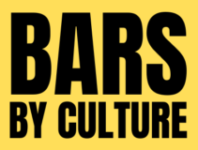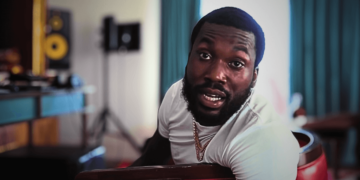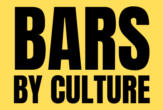Meek Mill reveals Jay Z helped pay some of his legal fees when he was imprisoned for his controversial Parole violation case which was “a couple of millions”.
Philadelphia rapper Meek Mill was sentenced to two to four months in prison in November 2017, for a Parole violation which he ended up serving only five months of the sentence at the State Correctional Institution – Chester in Chester, Pennsylvania.
Speaking in an interview with The Breakfast Club, the Roc Nation rapper revealed his boss Jay Z paid some of his legal fees which he couldn’t have afforded.
“JAY-Z is actually responsible for some of my legal fees, which I thought was the dopest in the world because it was some millions of dollars. I don’t even think I could have afforded it,”
Said the rapper who is signed to Jay-Z’s artist management company, Roc Nation.
Jay Z was one of the rappers who supported Meek Mill the most during his time in jail, with the Brooklyn rapper making several posts on the media with hashtag “Free Meek!” exclamation. Jay also wrote a passionate op-ed for The New York Times about Mill’s unjust imprisonment. His wife Beyonce also showed her support to Meek by giving a shout-out to the rapper on DJ Khaled’s song, “Top Off,” which surprised Meek Mill himself.
“I played that joint back. I was like ‘I know Beyoncé ain’t say no shit like this out of her mouth.’ I had to play it back again,” he said. “Then I heard her say ‘I’m in the hood screaming Free Meek’. That’s mega support from Beyoncé and Jay-Z because they don’t have to say it. You know Beyoncé ain’t shoutin’ no ****s out in jail.”
Meek also revealed the support he received from so many people made him feel the need to take up the responsibility as a vessel to use his platform to better the general public and the justice system.
“I’m just reaching back the same way people supported me,” he said. “I know a lot of people were supporters of my music, but when it came to real-life…people standing outside in the rain, protesting and actually being a part of helping me get back on these streets, I felt like I’m entitled to give back.”















